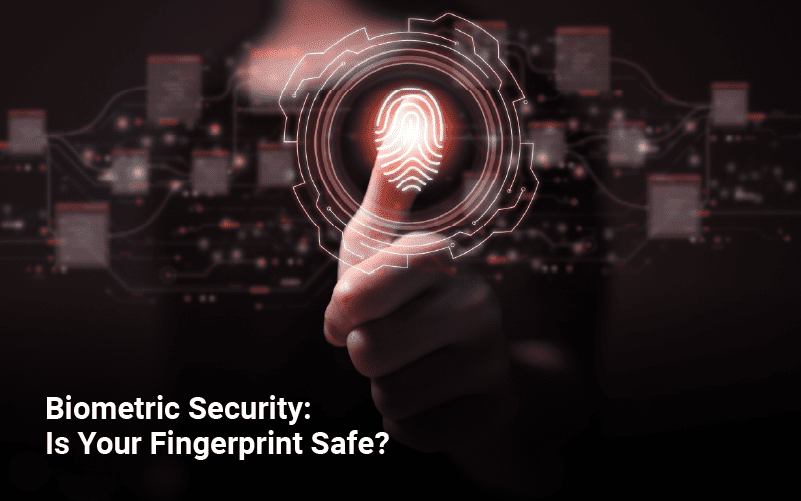The transfer of credits is a credit acknowledging system that enables graduate students to transfer their previous credits for the completed coursework through a process of equivalency. In this system, the completed coursework and credit equivalency that were taken in one country can also be adjusted to the equivalent of the coursework and credits taken in another country.
According to a National Center for Education Statistics (NCES) study, nearly 35% of undergraduate students in the United States transfer their credits at least once, and 11% of them transfer their credits at least twice. Still, many students who wish to maintain a career path, enroll in non-credit degree programs. Therefore, it won’t be wrong to say that the need of the hour for a candidate is to maintain a solid, no-gap education record in today’s ever-changing job market.
Most education institutions allow the transfer of credits from one university to another if they meet the criteria. Likewise, EC-Council University (ECCU) accepts the transfer of graduate credit on a case-to-case basis for students applying for college-level programs. Through this system, ECCU enables students from accredited institutions in the United States or overseas to pursue various Cyber Security programs offered at the university. These meticulously designed programs allow students to transfer credits for their degree and certification, helping them attain their higher education goals and opportunities and preparing them for well-paying and in-demand careers worldwide. What makes the courses special is the remunerative potential for Cyber Security graduates to earn more than double the median annual salary of other jobs. For example, the U.S. Bureau of Labor Statistics reveals that Graduates of computer and information technology occupations make a median annual wage of $91,250.
Understand how credit transfer works
Credit transfer is a measurement of similar prior learnings against current offerings by an educational institution. Students often find transferring their credits a complicated process. However, the complicacy of this process varies across institutions and depends on the program.
- Almost all universities restrict the maximum number of transferrable credits
- A few universities insist on a minimum number of credits from the previous university or college.
Prospective students should conduct extensive research to know the availability of a university’s transfer of credits.
Save your time, effort, and money with an easy transfer of credits at ECCU
ECCU is an accredited American university that
- Offers Master of Science in Cyber Security and Bachelor of Science in Cyber Security programs embedded with industry certifications.
- Offers Graduate Certificate Programs in Cyber Security. Both the Master’s and Bachelor’s programs parallel the knowledge requirements for EC-Council certifications through a unique bundling of the degree and industry certification.
- Evaluates all transcripts of candidates for potential transfer of credit.
- Allows prospective ECCU students to be awarded appropriate credit for their industry certifications based on an assessment by the ECCU administrative team.
- Waives off candidates’ fees depending on the number of credits transferred for their part-time or full-time education received from the previously recognized educational institution.
- Accepts credit transfers from recognized accredited U.S. or foreign equivalent institutions.
- Allows students to get a chance to turn their certification into a degree.
Understand the requirements and offerings for the transfer of credits at ECCU
Students need to complete their prior learning portfolio to determine how many transfers of credits they can receive on the ECCU courses. With the Master of Science in Cyber Security, students can receive a maximum of 18 credits of transfer credit. With the Bachelor of Science in Cyber Security, students can receive a maximum of 30 credits of transfer credit. ECCU’s expert academic counselors have been successfully motivating students and helping convey the transfer of credits process based on their learning portfolio. You, too, must Connect with ECCU counselors!
Found this article interesting? Follow EC-Council University on Facebook, Twitter, Instagram and LinkedIn to read more exclusive content.
FAQs
Ans. ECCU awards credits to students based on the demonstrative knowledge that they have gained through industrial certifications. ECCU follows a list of credit transfer policy norms to do so.
Ans. Students can receive a maximum of 18 graduate transfer credits toward a master’s degree and 30 undergraduate transfer credits toward a bachelor’s degree. Three transfer credits may be used to meet credit requirements for the Graduate Certificates. (Not sure about this)
Ans. Acceptance of credits or degrees earned at ECCU is at the discretion of the receiving institution. Students considering continuing their education at another institution must not assume that the institution will accept credits or degrees earned at ECCU. Students must contact the receiving institution to determine which prior credits or degrees earned at the ECCU are accepted.
Learn more – EC-Council University Transfer of Credits program








